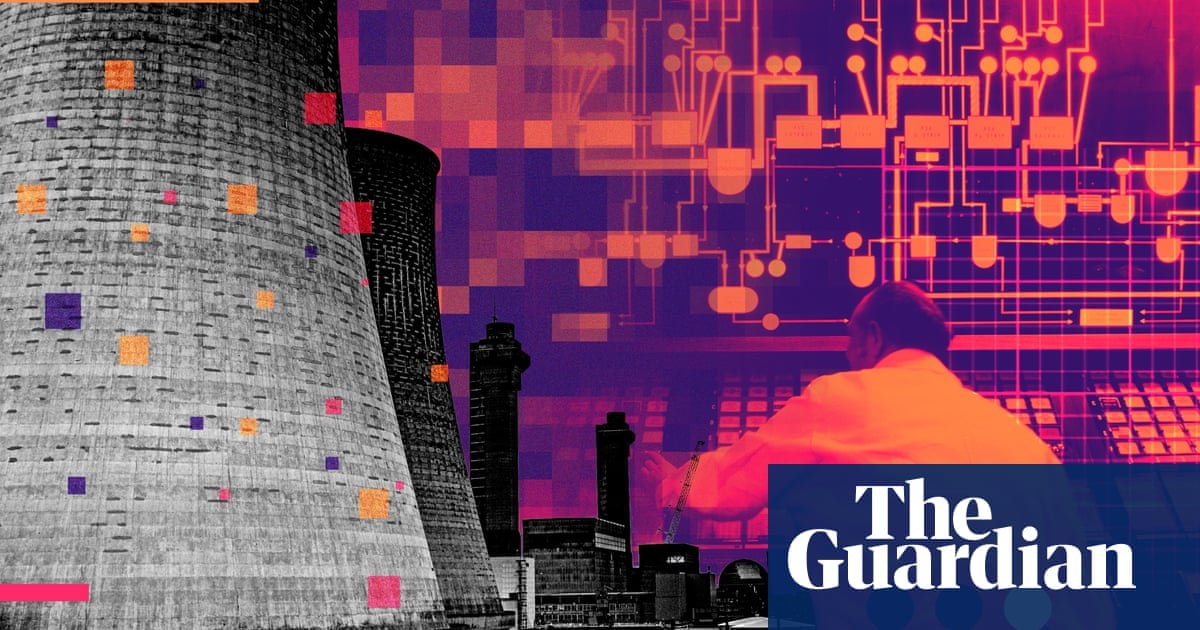- cross-posted to:
- [email protected]
- cross-posted to:
- [email protected]
That’s really serious. The hackers seem to have achieved almost total coverage, which sounds as if they could influence any operation at the plant. And the staff coverups since 2015 (at least) just compound the issue.
My first thought reading this was “humans just aren’t ready for nuclear”.
I misread that as “Seinfeld nuclear site hacked” and did an actual double take.
This is the best summary I could come up with:
The Guardian can also disclose that Sellafield, which has more than 11,000 staff, was last year placed into a form of “special measures” for consistent failings on cybersecurity, according to sources at the Office for Nuclear Regulation (ONR) and the security services.
The problem of insecure servers at Sellafield was nicknamed Voldemort after the Harry Potter villain, according to a government official familiar with the ONR investigation and IT failings at the site, because it was so sensitive and dangerous.
Cyber problems have been known by senior figures at the nuclear site for at least a decade, according to a report dated from 2012, seen by the Guardian, which warned there were “critical security vulnerabilities” that needed to be addressed urgently.
Such is the scale of cybersecurity concern, some officials believe entire new systems should be urgently built at Sellafield’s nearby emergency control centre – a separate secure facility.
The UK’s cyber wing of GCHQ, which has offices in central London and is part of the domestic intelligence network with headquarters in Cheltenham in Gloucestershire, has warned of a heightened risk of cyber-attack on critical national infrastructure from Russia and China.
That has reversed a spell of close Anglo-Sino relations, which culminated in the then prime minister, David Cameron, hailing a “golden era” between the countries and drinking beer with the Chinese premier, Xi Jinping, in a Buckinghamshire pub in 2015.
The original article contains 1,639 words, the summary contains 231 words. Saved 86%. I’m a bot and I’m open source!
Warfare in the information age. Culpable deniability of espionage, potential long-term impact of much stronger measures. Just takes a lot of time to come to fruition, unlike more traditional forms of state-on-state aggression.
And freedom of information, while excellent for innovation, adaptability and economy, does dramatically increase your vulnerability to information warfare. Pros and cons.
Except for the part where the culprits are identified immediately in this very article
Culpable deniability is a little more complicated than that.
deleted by creator





